
It was an accusation that tore them apart from their families for years with little hope of reuniting.
On Mother’s Day, I went to the Gnani witches camp in the Northern region where the inmates reflect on their lost motherhood. Witchcraft accusations in northern Ghana have left many families helpless.

The accused, mostly women, are forced to leave their homes because of harassment, threats, and fear for their own safety. Whereas many have lost their lives from the accusations, those who were fortunate to survive it have had to bear the brunt of banishment from their families and communities.

72-year-old Njallaw Munyuula from Nyankpani in the Saboba District of the Northern Region is an inmate here at the Gnani alleged witches camp and by far, one of the oldest inmates here.

She was admitted here some 30 years ago. She tells me about how she was separated from her once happy family.
“I am from Nyankpani and I’ve been here for the past 30 years. I was accused of killing a woman and was banished. I ran here to seek refuge but now I’m old and can’t do any work. After I left, a lot of people died in the community. I’m I the one who killed them too? She quizzed.

For her, though life here hasn’t been easy especially having been separated from her family, she is grateful to God that she is still alive to tell her unfortunate story.
“I can only be grateful that I still have life. My children come here to see me. Initially they believed their uncle who accused me but later they got to know the truth, but the harm had already been done. “
“Most of us here were separated from our children because we are women who didn’t have a voice. Those whose husbands had a say in the communities were never dared accused,” she recalled.

She wants government to pass the anti-witchcraft bill into law to safeguard the lives of dozens of women wrongly accused of witchcraft
“We hear government is working to pass a bill into law to criminalize witchcraft accusations, it has to be quick,” she urged.

Between 2020 and May 2023, about four people, comprising three females and a male, were lynched, with several others banished over witchcraft accusations in the Northern and Savannah regions.

The criminal amendment bill 2022 criminalises the declaration, accusation, naming, or labelling of another person as a witch in Ghana. The object of the Bill is to amend the Criminal Offences Act, 1960 (Act 29) to prohibit the practice by any person as a witch doctor or a witch finder.

For Executive Director of Songtaba, a non-profit organization working in the Northern, North East and Savannah regions, the passage of the anti-witchcraft bill into law must be a priority.

“In this 21st century, must we continue to have designated communities known as witch camps? People as elderly as they are, must live in the comfort of their homes.”
“We cannot say that is ok for people to continue to banish women, we cannot also say in this 21st century where rights are supposed to be upheld, must we continuously have women leaving their homes due to witchcraft accusations. That’s why we calling for proper protection,” she said.

On Thursday, July 27, 2023, Ghana’s 8th Parliament passed the anti-witchcraft bill but failed to get presidential assent by then President Akufo-Addo to become law.

Goals 1 and 5 of the United Nation’s Sustainable Development Goals which Ghana is a signatory to, envisage to address poverty and the inequalities existing in the society that put certain social groups into disadvantage.

As parliament take steps to pass the anti witchcraft bill to compliment governments efforts towards disbanding the various alleged witches camps, it is important to in the interim, consider the welfare of the over 300 alleged witches living in the various camps in the northern enclave.
The post Lost Motherhood: Accused, banished and forgotten at Gnani Witches Camp first appeared on 3News.
Read Full Story

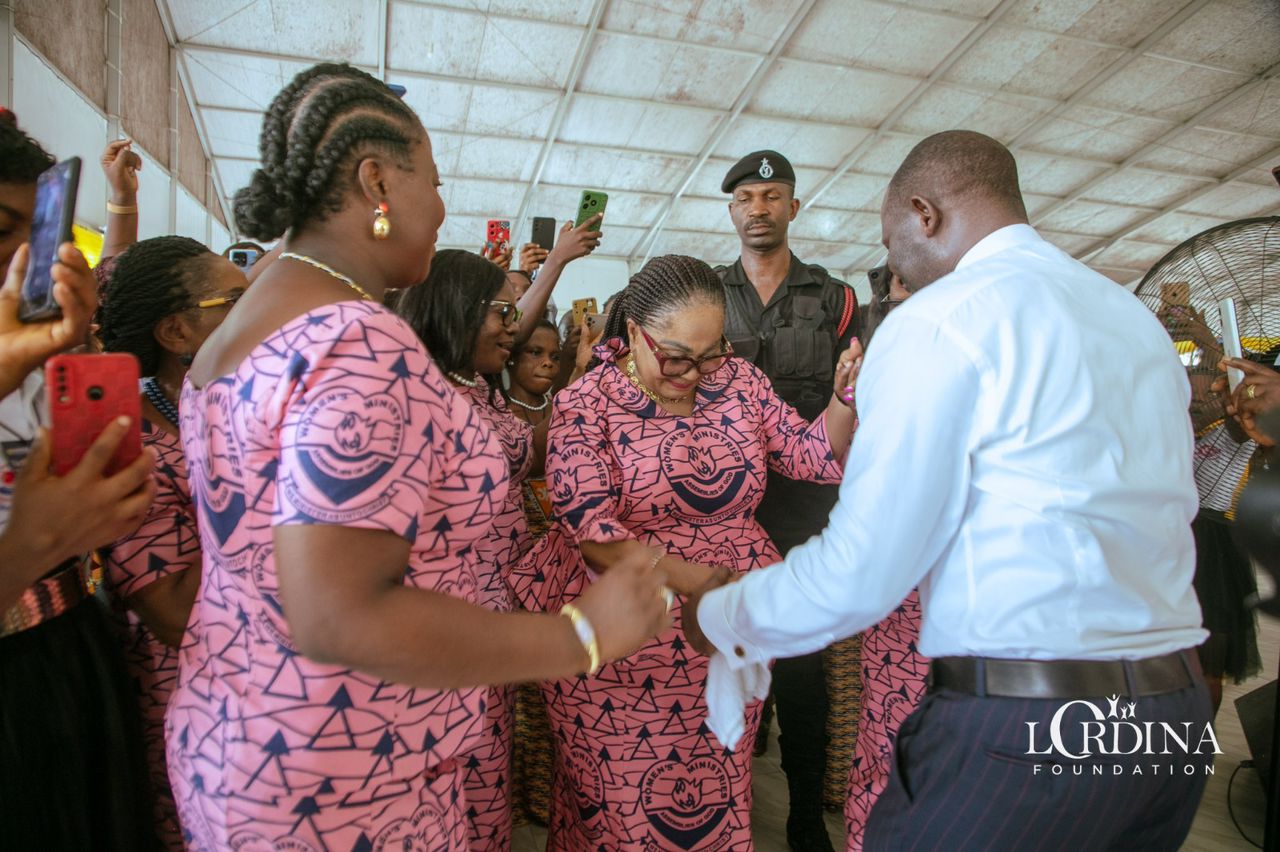
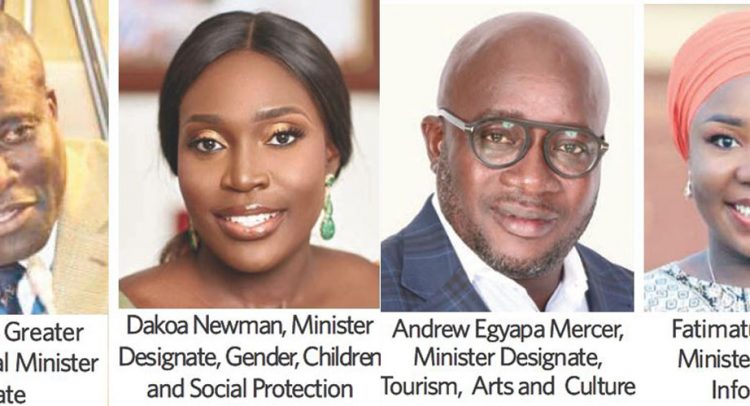
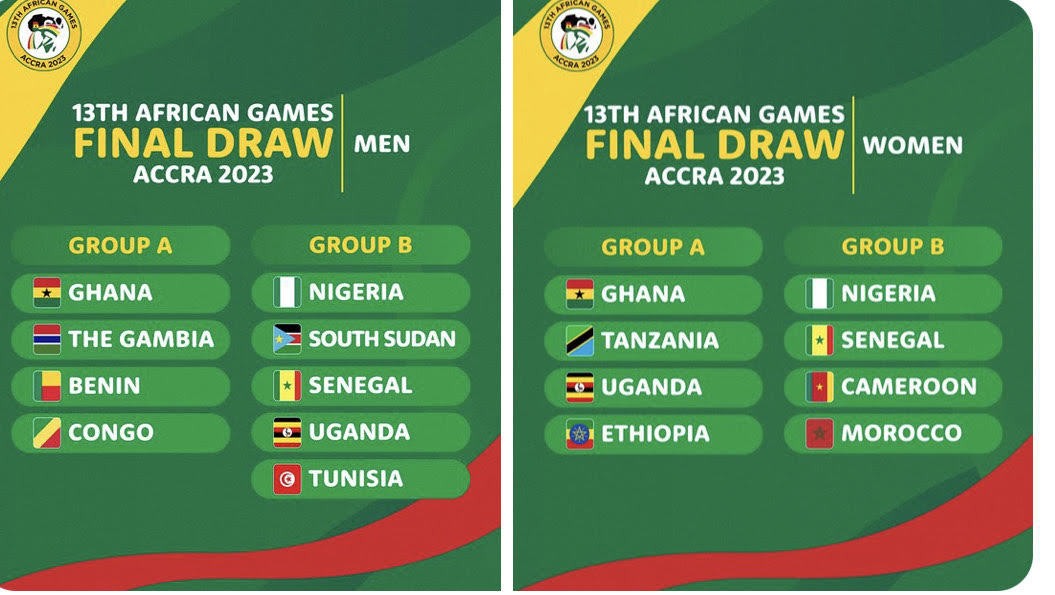
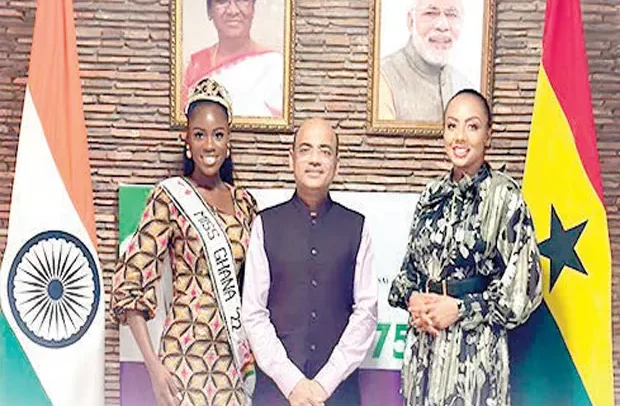

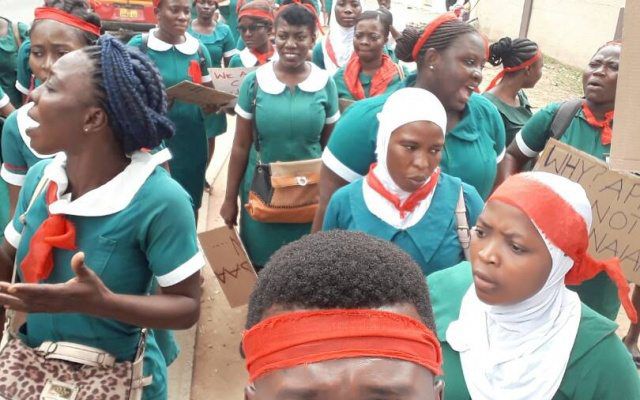



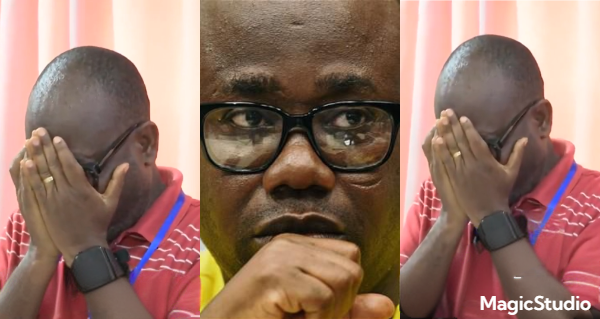

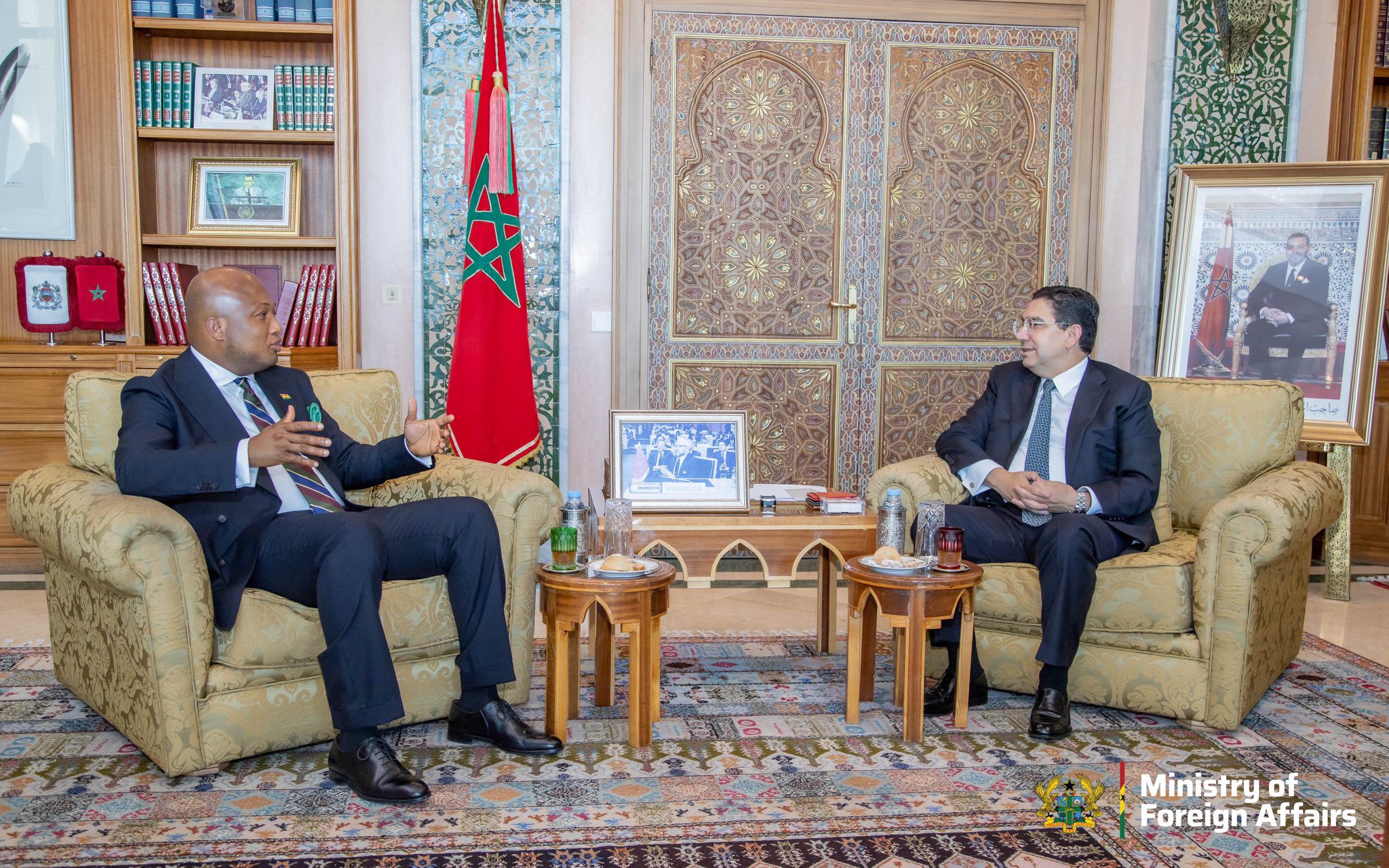



Facebook
Twitter
Pinterest
Instagram
Google+
YouTube
LinkedIn
RSS